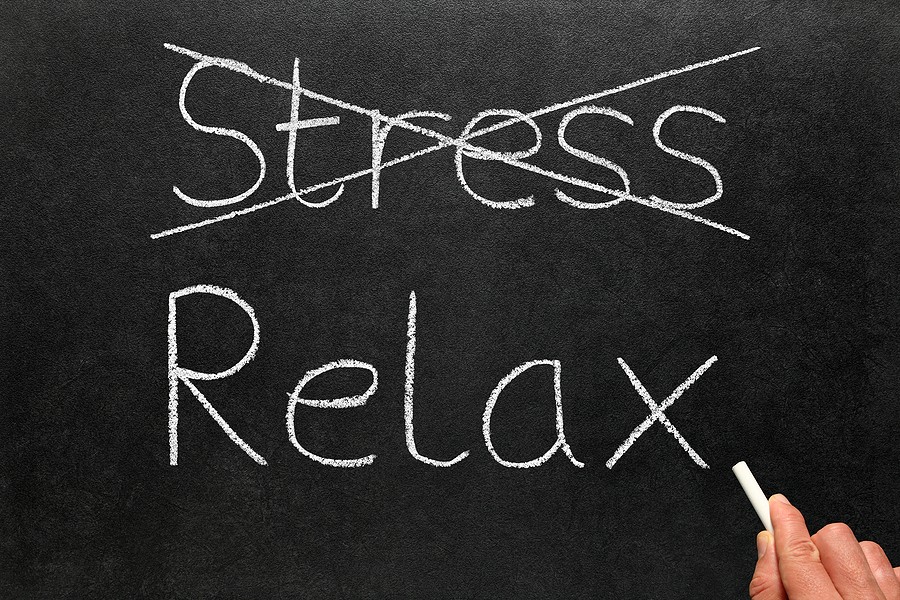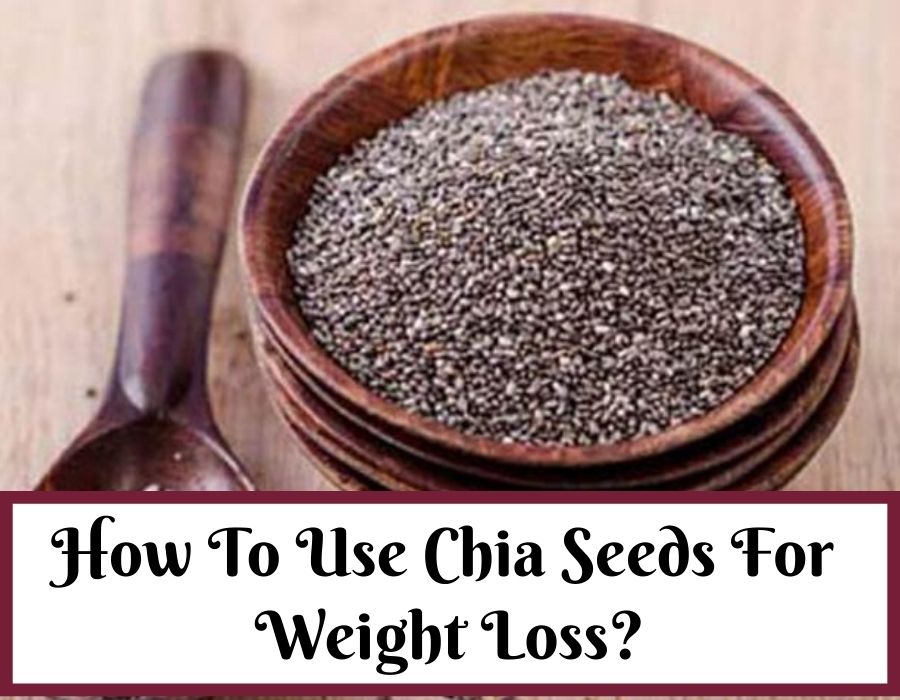Stress is a part of life; there’s no way around it. But, for women, stress can be especially prevalent and intense. According to the American Psychological Association, women are more likely than men to experience symptoms of anxiety and depression. And in a survey of 3,500 full-time employees, 61% of women said they frequently feel overwhelmed at work.
So, what causes this stress? For many women, it’s the never-ending balancing act of work and home life. We’re expected to be perfect mothers, wives, employees, friends, and more. It’s a lot to manage! And when things get overwhelming, our health can suffer. Stress can lead to headaches, chest pain, fatigue, upset stomach, sleep problems, anxiety, and depression.
So what can we do about it? Here are some tips:
- First, take some time for yourself every day—even if it’s just 10 or 15 minutes. This is your time to relax and do something you enjoy without distractions. It could be reading a book, taking a bath, walking, or taking a yoga class.
- Secondly, don’t be afraid to ask for help! Delegate tasks at work and home so you’re not carrying the entire load yourself.
- And lastly, make sure you’re communicating your needs to your loved ones. Tell them how they can help you if you’re feeling stressed or overwhelmed. Reducing stress takes a team effort!
- If you’re not coping with your stress, consult a medical practitioner and get the required medication you need to help you through a tough time.
How Stress Affects Women Physically
It’s no secret that women are under a lot of stress. From juggling work and family responsibilities to dealing with everyday problems, stress is constantly present in women’s lives. But what many people don’t realize is that stress can have a significant impact on women’s physical health. Let’s take a look at some of the ways stress affects women’s bodies.
We all know that stress can take a mental and emotional toll, but did you know that it can also have physical effects? Unfortunately, women are particularly susceptible to the physical manifestations of stress. From weight gain to hair loss, here are some of the ways that stress can affect women physically.
Stress and the Immune System
One of the ways stress affects women’s physical health is by weakening their immune systems. When you’re stressed, your body releases a hormone called cortisol. This hormone slows down the production of lymphocytes, which are white blood cells that fight infection. As a result, you’re more susceptible to getting sick when stressed. In fact, studies have shown that women under chronic stress are more likely to develop upper respiratory tract infections, such as the common cold or the flu.
Stress and Heart Health
Stress can also take a toll on your heart health. When stressed, your heart rate and blood pressure increase, which strain your heart and cardiovascular system. Over time, this can lead to severe problems such as heart disease or stroke. In fact, studies have shown that women who experience high levels of stress are more likely to develop heart disease than men.
Stress and Reproductive Health
Women who are under chronic stress can also experience problems with their reproductive health. Stress can interfere with ovulation and make it difficult to get pregnant. In addition, stress can cause menstrual irregularities and worsen premenstrual syndrome (PMS) symptoms. If you’re trying to conceive, it’s essential to find ways to manage your stress levels.
Weight Gain
Everyone’s body reacts to stress differently, but one typical response to stress is weight gain. When we’re stressed, our bodies produce cortisol. Cortisol encourages our bodies to store fat, leading to weight gain. If you find yourself stress eating or comfort eating more often when you’re feeling overwhelmed, that could be a sign your body is trying to cope with stress.
Hair Loss
While some women may experience hair growth when they’re under stress (thanks again to that pesky cortisol!), others may find that they start shedding strands at an alarming rate. If you’ve noticed more hair in your brush or clumps in the shower drain, it could be a sign that you’re dealing with increased stress levels. While hair loss caused by stress is usually temporary, it can be a source of anxiety in and of itself. If hair loss is something you’re struggling with, talk to your doctor—they may be able to prescribe medication or suggest other treatments.
Skin Problems
Do you find yourself breaking out more when you’re stressed? You’re not alone. Many women find that their skin becomes more sensitive and prone to breakouts when under pressure. That’s because cortisol can also increase oil production, leading to clogged pores and blemishes. If you’ve noticed more pimples or irritation than usual, it might be time to take a closer look at your stress levels.
Solutions to stressing less
Stress is often considered a mental health issue, but it can also have physical effects—particularly for women. From weight gain to skin problems, there are many ways that stress can take a toll on our bodies. If you suspect that your physical health is being affected by stress, talk to your doctor. They may be able to help you manage your symptoms and get things back on track.
If you are an older woman, you can use your Medicare program to consult a doctor. Medicare is a federal healthcare system that offers coverage for the elderly and people with disabilities. Medicare consists of four parts: Part A, which covers hospitalization; Part B, which covers outpatient care. Part C, also known as Medicare Advantage, provides coverage through private health insurance programs. And Part D covers prescription drugs.
Supplemental insurance is insurance that covers expenses not covered by Medicare. There are numerous types of supplemental insurance, and the best type for you will depend on your individual needs and circumstances. You can find out here what is the best supplemental insurance for Medicare.
Wrapping up
As you can see, stress can significantly impact women’s physical health. If you’re feeling overwhelmed by stress, it’s crucial to find ways to manage it effectively. Some helpful coping strategies include exercise, relaxation techniques such as yoga or meditation, and talking to a therapist or counsellor about your concerns. Taking steps to reduce your stress levels can help you improve your overall physical health and well-being.










Comments are closed.